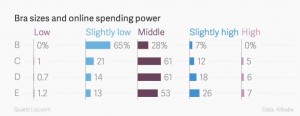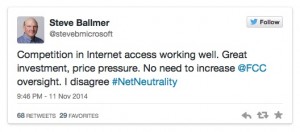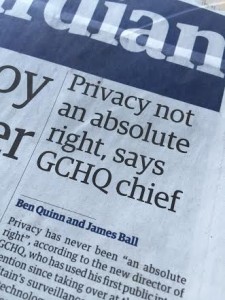I’d really like an informed, impartial answer to this question. To date, here’s is the best we can do:
“We have not identified a single instance involving a threat to the United States in which the program made a concrete difference in the outcome of a counterterrorism investigation. Moreover, we are aware of no instance in which the program directly contributed to the discovery of a previously unknown terrorist plot or the disruption of a terrorist attack. And we believe that in only one instance over the past seven years has the program arguably contributed to the identification of an unknown terrorism suspect. Even in that case, the suspect was not involved in planning a terrorist attack and there is reason to believe that the FBI may have discovered him without the contribution of the NSA’s program”.
This comes from the January 2014 report of the US Privacy and Civil Liberties Oversight Board, an independent bipartisan agency within the US government, which carried out an investigation into two NSA surveillance programmes in the wake of the Snowden revelations.




